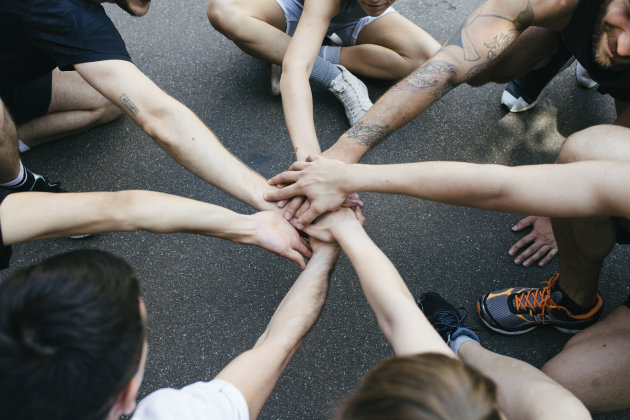
“We can talk about a Finnish miracle”: the Nobel Prize winner for economics Bengt Holmström does not use the words to describe the country that gave him birth and that he deserved a special mention of the Guardian , who described him as ” the most free, safe and happy of the world “. The Anglo-Saxon newspaper, in fact, started from the most recent and disparate indices published in recent years and then asked scientists and experts of international importance, all to try to understand what is the success of the Scandinavian nation and how did Finland to earn the approval of 100 studies on his state of “health”.
Only 150 years ago, moreover, Finland was simply a remote region of the Russian Empire, where the living conditions of the majority of the population were very bad. Then the country gained its independence and in a century and a half the historical circumstances, the local population and a series of enlightened governments have made the 5.5 million inhabitants of Finland one of the most envied in the world.
Needless to say, even the Scandinavian country has its limits – starting with the climate that is anything but mild – and that the golden age is only mythology, but living in Finland can greatly increase the perception of one’s quality of life, by experiencing a feeling of well-being that is difficult to experience elsewhere. Here, then, the reasons why – at least according to the Guardian – we should all think of going to live north of the 60th parallel.
1. It is the safest country in the world
GETTY IMAGES / ISTOCKPHOTO
Security is a fundamental aspect for the quality of life of citizens, especially in a period of intense tension and continuous terrorist threats such as the one the West is going through. To make Finland a flagship in terms of protecting the population is above all the efficiency of the judiciary and law enforcement agencies. The judiciary, in particular, is judged by sector reports as the most independent and free from political constraints in the world, thus allowing citizens to be judged for their actions in a transparent and fair manner. Moreover, the police have succeeded in guaranteeing high levels of national security in recent years and in the country there is the lowest rate in the world of organized crime.. It should be noted, however, that on August 18, 2017, the city of Turku was the scene of a terrorist attack in which two people lost their lives.
2. Social and gender equality
LLHEDGEHOGLL VIA GETTY IMAGES
According to the Guardian , according to the World Economic Forum , Finland is third in the global ranking for guaranteed gender parity and has had to leave the scepter to two very close countries: Iceland and Norway. After all, since 1906, women can be included in the electoral lists to be voted, in a time when this was not allowed anywhere else in the world, and today the Finnish parliament is composed of a female quota equal to 42%. “Women in Finland take their rights seriously and men accept it” is the comment of former Prime Minister Tarja Halonen at the English newspaper.
Differently from the ancient societies of other European countries – such as France, England, Spain and Italy itself – then, since the proclamation of independence from Russia, in 1917, it became clear that “the gap between the various social classes it was smaller than usual. […] Even today, on the streets of Helsinki you can walk alongside the richest boy in the country without realizing it, “reads the Guardian .
3. Cooperation
HINTERHAUS PRODUCTIONS VIA GETTY IMAGES
There is a precise word to indicate the Finnish spirit to help each other for the common good: it is “Talkoot”. “It means working together, in a collective way, to reach a specific goal. […] The key is to cooperate, all together, equally”. According to former Prime Minister Halonen, says the Guardian , the climate typical of those areas of the planet has tempered the Finnish mentality: “We live in a cold, stiff and remote place.Everyone has to work hard for himself and sometimes this is not enough. help each other to make it “. “It’s a cultural fact”, added Ambassador Bruce Oreck. “But now it’s part of our chemistry”.